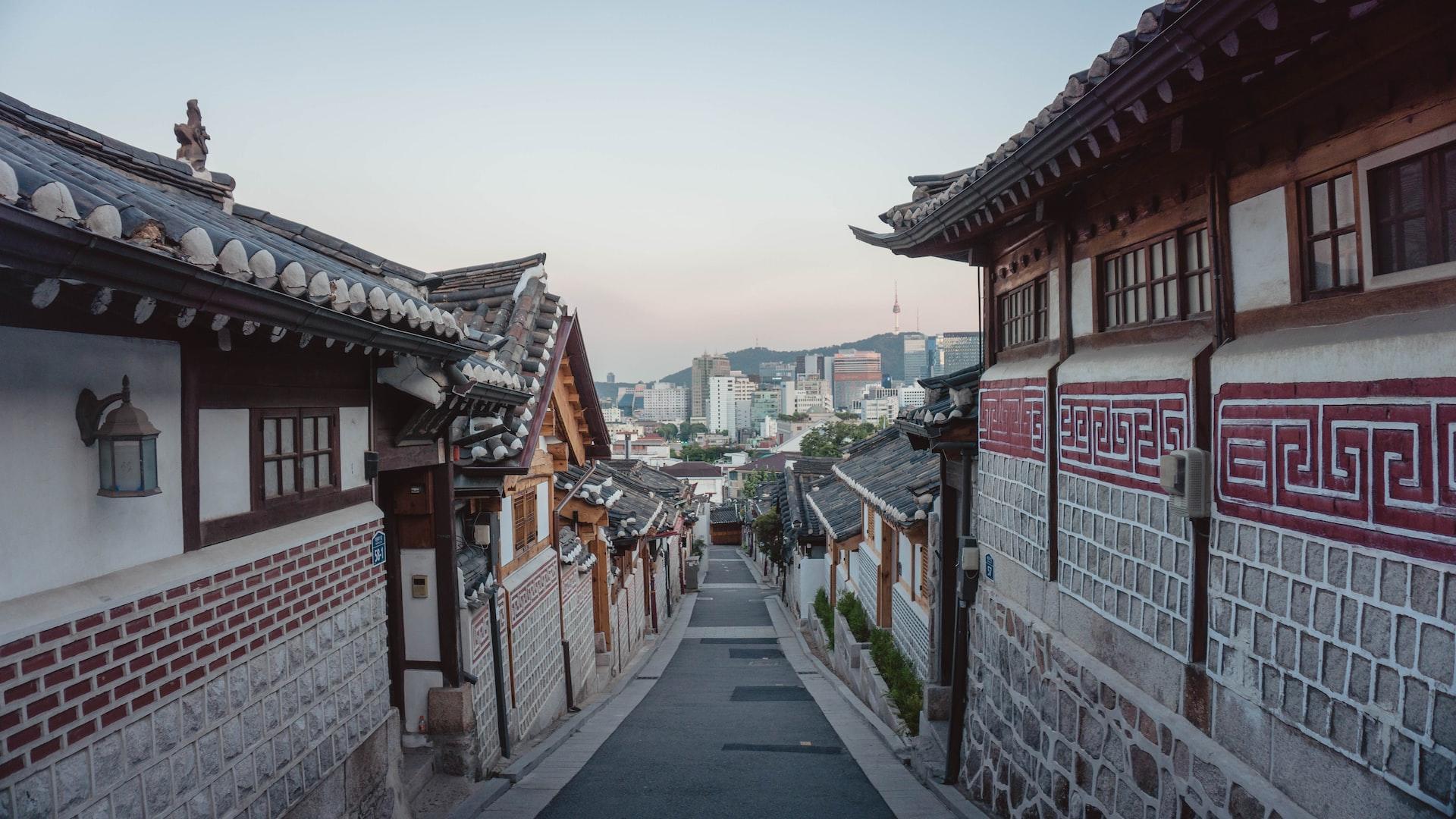South Korea, known for its dynamic mix of history and modern innovation, is home to some of the most vibrant traditions and cultural expressions in Asia. The journey of the South Korean people, from ancient dynasties to becoming global leaders in technology, entertainment, and pop music, is both fascinating and inspiring. Once rooted purely in traditional values like Confucian respect and strong family ties, the country has evolved into a global hub for modern media, fashion, and culture.
In this section, we’ll explore the historical roots of Korea, the rich culture that defines its people, and how the country transitioned into a modern powerhouse. We will also look at the global influence of the K-pop music industry, girl groups, and popular entertainment icons that have put South Korea on the international map. If you’re curious to know how this nation has become such a trendsetter, keep reading as we uncover every aspect of this journey.
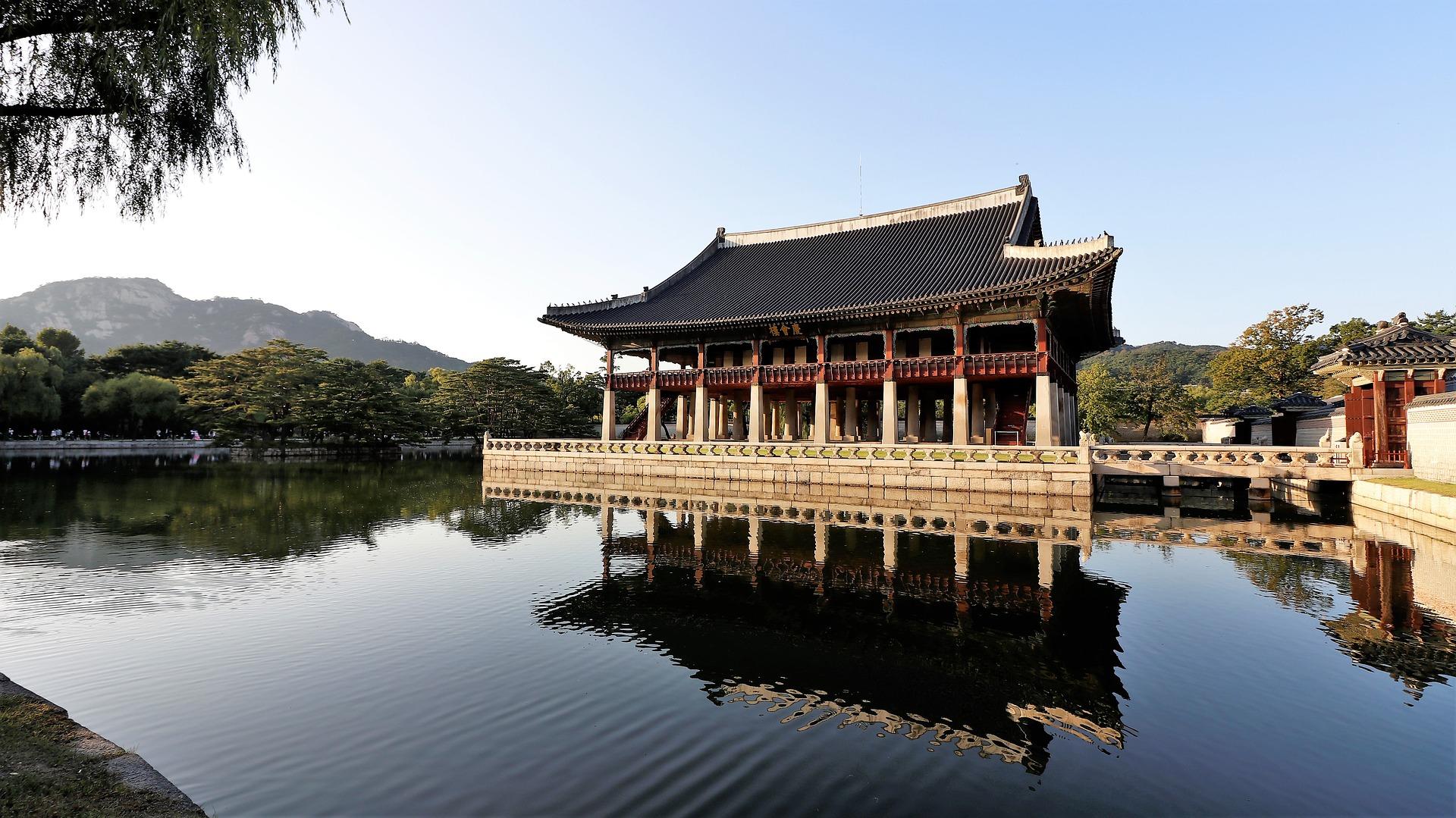
A Brief Historical Overview of Korea
The story of the South Korean people begins with the early dynasties like Goguryeo, Silla, and Baekje, which formed the foundation of what we now know as Korea. Several centuries ago, Korea was a unified kingdom known for its rich art, language, and advancements in science. Leaders like King Sejong the Great, who developed Hangul (the Korean alphabet), and influential political figures like Park Chung-hee have left a lasting mark on the nation’s history.
The country underwent Japanese colonisation in the early 20th century, which had a significant impact on its people and culture. After gaining independence in 1945, South Korea rose from the ashes of war and quickly established itself as a forward-thinking nation. While modern South Korea is incredibly advanced, its people continue to honour traditional Korean values, which emphasise family ties, community, and respect for elders. If you want to learn more about these values, explore our article on South Korean culture.
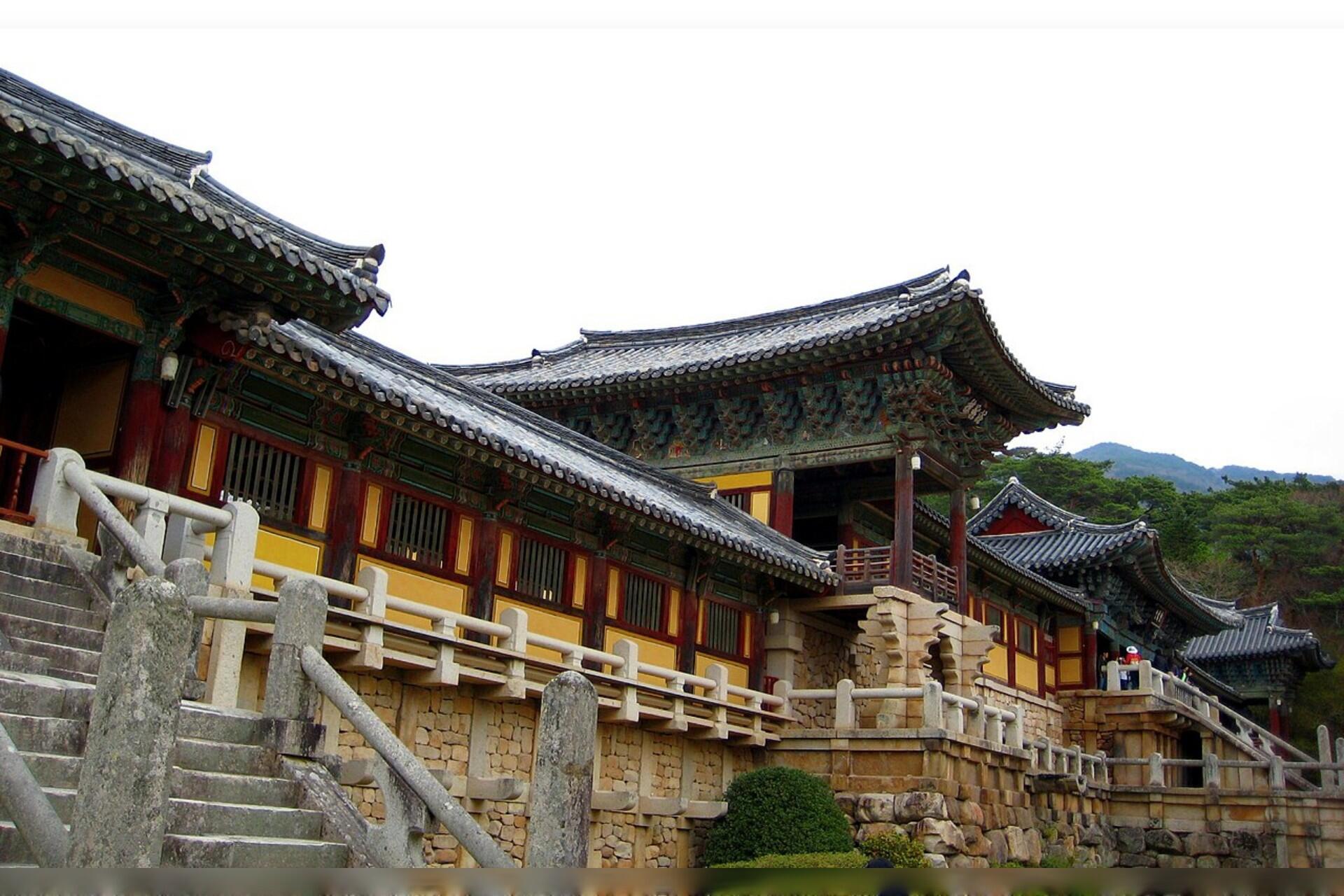
Cultural Heritage and Traditional Arts
Korean culture is known for its deep connection to art, food, and music. Traditional clothing like the hanbok is still worn during holidays and cultural events. Festivals such as Chuseok and Seollal highlight Korea’s dedication to honouring ancestors and family bonds. Traditional song and dance performances, often accompanied by instruments like the gayageum, reflect the artistic spirit of the nation.
Korean culinary traditions are another important part of its identity. Dishes like kimchi, bibimbap, and bulgogi are staples of daily life, offering a taste of Korea’s agricultural past and modern creativity. Curious about Korean cuisine? Take a look at our article on popular Korean food for a deeper dive.
Korea’s legacy in arts and crafts is equally impressive, with ceramics, calligraphy, and intricate designs showcasing centuries of craftsmanship. These traditions remain popular not only in Korea but also globally, thanks to increased interest in Korean cultural exports.
The Rise of the Korean Entertainment Industry
The modern entertainment industry in Korea has become a global phenomenon. The K-pop music scene, often referred to simply as "K-pop," started gaining global attention in the early 2000s. Today, K-pop groups like BTS, BLACKPINK, EXO, and TWICE have become household names worldwide. These girl groups and boy bands are admired not just for their catchy songs, but also for their stunning choreography and dance performances.
The K-pop industry is highly competitive, producing polished and talented idols who train for years before debuting. The industry also extends beyond music to include Korean dramas, films, and variety shows that are widely consumed across Japan, Southeast Asia, and Western countries. To learn how K-pop evolved into a global trend, check our in-depth article on K-pop music.
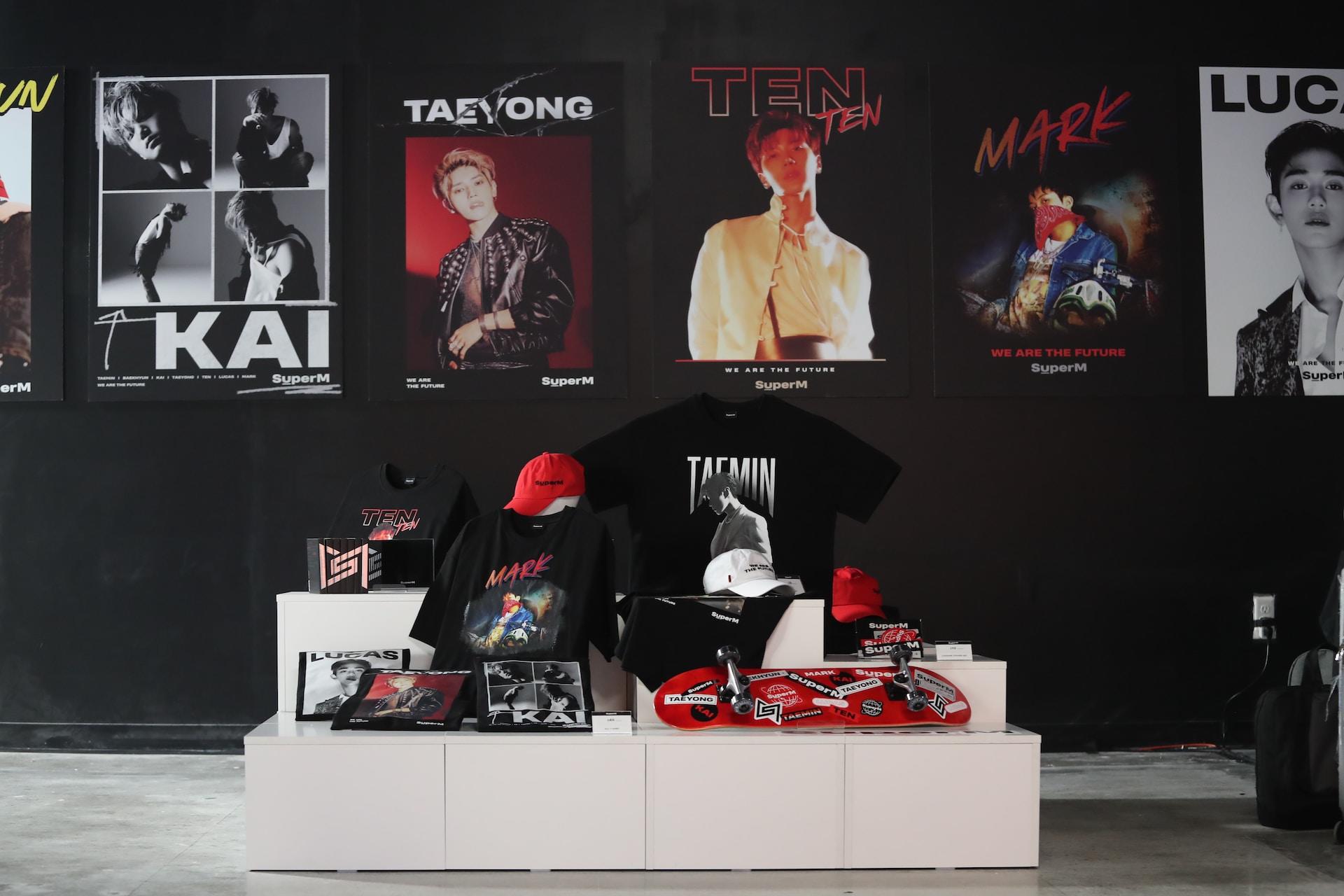
From Tradition to Modern South Korea
South Korea’s transformation in the past few decades is nothing short of extraordinary. What was once an agricultural society has now become one of Asia’s strongest economies. Technology giants like Samsung, LG, and Hyundai have played a massive role in shaping South Korea’s global reputation. Meanwhile, the media and entertainment industries have elevated Korea’s status as a cultural hub.
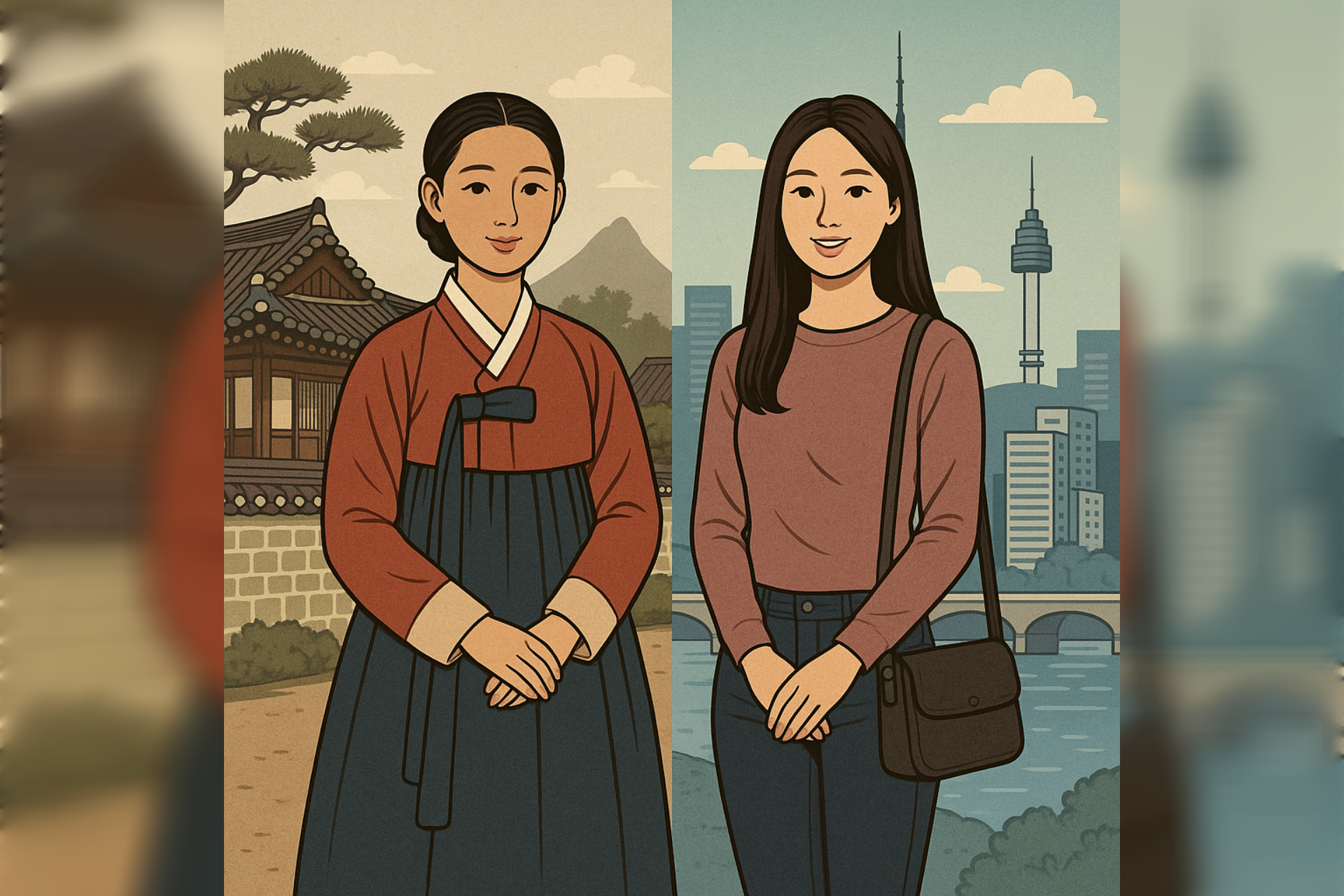
Despite this modernisation, South Korean people have managed to retain their cultural roots. Traditional festivals are still widely celebrated, and there’s a growing trend of blending traditional Korean culture with modern influences in music, fashion, and lifestyle. Young people in South Korea are equally inspired by old customs and global trends, making the culture both unique and dynamic. This cultural aspect is just one of many fascinating features of daily life in Korea. You can explore more about it in our article on the Korean Age System.
Cultural Exports and Global Image
Today, South Korea is recognised as a global cultural leader. From pop music groups dominating international charts to award-winning films like Parasite, Korea’s influence spans across entertainment, technology, and fashion. Korean girl groups, actors like Kim Soo-hyun, and filmmakers like Bong Joon-ho have become ambassadors of Korean entertainment worldwide.
South Korean culture is now deeply intertwined with global media, shaping trends in beauty, skincare, and even food. This global success didn’t happen overnight; it is the result of years of strategic investment in the entertainment industry, talented artists like Kim and the Park family, and the collective effort of the Korean people to showcase their country’s creativity and resilience.

Top 10 Famous Korean People You Should Know About
Korea, located on the East Asian peninsula, has a rich tapestry of history and modernity. The country’s population, shaped by centuries of traditions and conflicts, has produced extraordinary individuals who have left a lasting imprint on the world. From ancient royalty of the Joseon and Silla dynasties to modern businesswomen, entrepreneurs, and political leaders, these personalities represent the cultural and economic strength of Korea.
This list focuses on Koreans who gained international recognition for their leadership, reforms, scientific innovations, or business success. We highlight both historic icons—who contributed to the culture of Korea centuries ago—and modern pioneers shaping the new century. Through photos, portraits, and historical images, these figures tell the story of a nation that balances tradition with progress.
King Sejong the Great (Joseon Dynasty Monarch)
Admiral Yi Sun‑sin (Naval Commander and War Hero)
Queen Seondeok of Silla (Historic Female Ruler)
Syngman Rhee (First President of South Korea)
Kim Dae‑jung (Nobel Peace Prize Laureate)
Ban Ki‑moon (Former UN Secretary-General)
Lee Byung‑chul (Founder of Samsung)
Kim Sung‑joo (Prominent Businesswoman)
Park Chung‑hee (Moderniser of South Korea)
Chung Ju‑yung (Founder of Hyundai Group and Industrial Pioneer)
Korean Celebrities Who Gained International Fame
Celebrity culture has become a global phenomenon, and it’s no different when it comes to Koreans who are admired around the world. From Seoul to Hollywood, the fascination with stars transcends borders, and fans can’t get enough of every detail about their lives. Whether it’s stunning photos, behind-the-scenes stories, or candid portraits, the desire to know more about these famous personalities is universal.
The rise of Hallyu, or the Korean Wave, has introduced millions to modern Asian culture, making K-pop idols, drama actors, athletes, and entertainers household names. These celebrities represent not just a new generation of young talent but also the creative energy of a population that blends tradition with innovation. They stand as cultural ambassadors, showcasing the richness of Korean royalty-like charm and contemporary working professionalism.
In this section, we spotlight women and men who have reached the top of their respective fields—be it in music, sports, or the entertainment industry. From singers and songwriters to athletes and media personalities, these stars have become a united group of icons admired by fans across Asia, the United States, and beyond.
Think of charismatic actors from Korean dramas, legendary musicians shaping the K-pop scene, and athletes who represent Korea on the global stage. Each one has its own original story and journey, reflecting the evolving cultural narrative of Korea in the 21st century. Their success is not only seen in their performances but also in how they influence trends, inspire fans, and shape modern entertainment office dynamics.
| Name | Industry | Why They Are Famous |
|---|---|---|
| BTS (Group) | Music (K-pop) | Global K-pop sensation known for record-breaking albums, world tours, and social impact. |
| BLACKPINK (Group) | Music (K-pop) | Famous for chart-topping songs, global endorsements, and powerful performances. |
| Park Seo-joon | Acting | Popular Korean drama and film actor, known for Itaewon Class and What's Wrong with Secretary Kim. |
| Son Heung-min | Sports (Football) | Premier League football star playing for Tottenham Hotspur and South Korean national team captain. |
| IU (Lee Ji-eun) | Music & Acting | Famous singer-songwriter and actress, known for hit songs and roles in K-dramas. |
| Youn Yuh-jung | Acting | Academy Award-winning actress for her role in Minari. |
| Yoo Jae-suk | Broadcasting | One of Korea's most beloved TV hosts and comedians, known for shows like Running Man. |
| Kim Yuna | Sports (Skating) | Olympic gold medalist figure skater and national icon. |
| Lee Min-ho | Acting | Internationally popular actor, known for Boys Over Flowers and The King: Eternal Monarch. |
| Psy | Music | Gained worldwide fame for his viral hit song Gangnam Style. |
Do you recognise these names? Maybe your favourite K-pop idol or a renowned actor is among our picks. Let’s explore these Korean celebrities who continue to redefine fame and cultural impact on a global scale.

Forbes Power Celebrities
When people talk about Forbes lists in the States, they often think of earnings‑driven leaderboards—who made the most money, who tops the revenue charts. But Forbes Korea’s Power Celebrity 40 works differently: it weighs income and non‑financial influence—media exposure, social media reach, broadcast activity, and overall achievements across sports, music, film, TV, and more. In other words, it measures celebrity power in the wider world of Korean pop culture rather than just paychecks. Think of it as a crown of modern media royalty in East Asia.
Because the scoring looks beyond raw revenue, you won’t always find the single highest‑paid actor, man or woman, at Number 1. Instead, those who stay visible—frequent TV appearances, red‑carpet photos, viral pictures, philanthropy in multiple countries, and huge digital fandoms—rise. That’s why some seasons see athletes, variety hosts, or crossover stars leapfrogging top earners. Forbes Korea’s published rankings by year clearly show shifts as media buzz and fan engagement change.
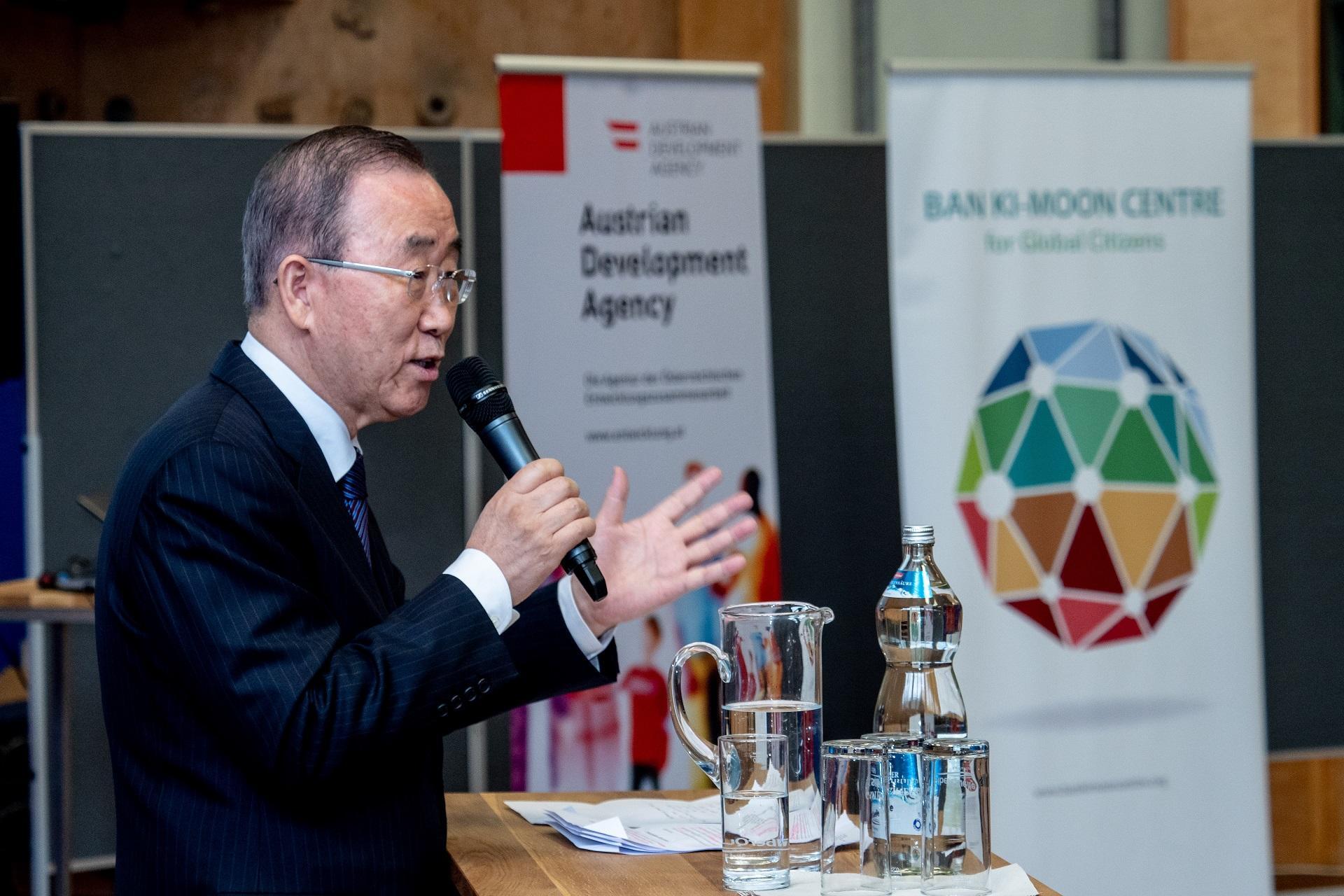
BTS: Global Pace‑Setters With Purpose
BTS have appeared high on the Power Celebrity chart for years and held the #1 slot multiple times (including 2018, 2020, 2021, 2022, 2023), proof that consistent cultural reach matters. Their influence stretches from Seoul to the States, with now‑iconic White House Office visit images and global stage appearances. Beyond music, BTS partnered with UNICEF on the Love Myself campaign to help end violence against young people worldwide; the effort raised millions and culminated in speeches at the United Nations that inspired fans across continents. Fans circulate concert pictures and free fan‑shot photos taken on every camera imaginable.
BLACKPINK: From Seoul Stages to Palace Honours
Blackpink—long ranked near the top of the Forbes Korea list (including #2 in 2022 and #1 in 2024)—embodies pan‑Asian star power that reaches far beyond music charts. They made history as the first K‑pop act to headline Coachella (2023), a victory captured in festival‑night pictures shared worldwide, and later received Honorary MBEs from the British monarchy—yes, actual modern pop meets old‑world royalty—for helping mobilise global youth around climate action and the UN Sustainable Development Goals. Whether performing in a desert city or standing smiling in formal attire at Buckingham Palace, the group’s cross‑cultural impact spans fans in Japan, China, Europe, and North America.
When Sports Stars Crash the List
It isn’t all idol groups. In 2022 and other years, elite athletes claimed top slots: baseball pitcher Ryu Hyun‑jin and football forward Son Heung‑min have repeatedly ranked in the Top 5–10, reflecting the power of stadium visibility and international leagues. Ryu’s MLB career connected Korean fans with North American baseball markets, while Son’s Premier League goals turned him into one of the most recognised athletes in any City where Spurs play—proof that a single man with global highlights can rival chart‑topping singers. Son’s sustained Forbes placements (Top 5 multiple years; #2 in 2024) underline how performance plus media coverage drives score.

Multi‑Hyphenates Win: Lee Seung‑gi & Friends
In South Korea, it’s common for a celebrity to juggle singing, acting, variety hosting, and endorsements—sometimes all in one week. Performers like Lee Seung‑gi (who ranked in the 2022 Top 10) show how versatility across broadcast formats supercharges visibility metrics. Appearing in drama stills, music show photos, and talk‑show clips helps keep stars in front of audiences across age groups and across countries where Korean content streams.

Award‑Season Momentum Matters
Veteran actress Youn Yuh‑jung leapt into global headlines when she won the Academy Award for Best Supporting Actress for Minari—a historic first for a Korean acting winner—which helped propel her into Forbes Korea’s 2022 Top 10. Awards nights generate instant media waves: red‑carpet pictures, backstage camera interviews, and cross‑language coverage from Hollywood to Asian press markets. That spike in exposure feeds directly into the Power Celebrity scoring mix.
2024 Top 3: Blackpink (#1), Son Heung‑min (#2), NewJeans (#3).
2023 Top 3: BTS (#1), Son Heung‑min (#2), Blackpink (#3).
2022 Top 3: BTS (#1), Blackpink (#2), Son Heung‑min (#3); also in Top 10: Ryu Hyun‑jin, Lee Chan‑won, Lee Seung‑gi, Lim Young‑woong, Youn Yuh‑jung, Yoo Jae‑suk, Jang Minho.
Charity, Civics & Reputation Lift Rankings
Giving back matters. BTS’s UNICEF partnership, donations highlighted in U.S. media, and Oval Office appearance to speak out against anti‑Asian hate; Blackpink’s climate advocacy recognised by the UK Royal Family; and athlete philanthropy reported in sports press—all build goodwill beyond entertainment value. That reputational halo helps explain why the Forbes Korea list often includes stars admired for impact, not just income.
Top Korean Male Actors
South Korea’s entertainment industry is rich with talent, and while the Forbes Power Celebrity list highlights some stars, many Koreans—especially beloved “oppas”—remain fan favourites. Among these are the charming leads of Hwarang, a drama set in the Joseon era of historical royalty. The show’s all-star lineup includes Park Seo-joon, Park Hyung-sik, and Kim Tae-hyung (V from BTS), who brought both charisma and heartfelt performances to their roles.
Park Hyung-sik, who began his career with the boy band ZE:A, has evolved into a versatile actor. From romantic roles to working on intense dramas, his career resembles a beautifully captured portrait—constantly evolving yet maintaining its original charm. Park Seo-joon, known for romantic comedies, has made waves in both dramas and Korean movies, starring alongside global talents and always leaving fans smiling with his on-screen presence.
The famous Wooga Squad—Park Seo-joon, Park Hyung-sik, Choi Woo-shik (of Parasite and Train to Busan fame), Kim Tae-hyung, and rapper Peakboy—often share behind-the-scenes pictures that fans cherish, giving glimpses of their real personalities beyond the camera. Other leading men like Park Bo-gum, Kim Woo-bin, Lee Jun-ho, and Song Joong-ki (known for Vincenzo) continue to define the golden age of Korean acting, alongside equally talented women co-stars.
The Best Female Korean Actors
South Korea’s veteran women of the screen are true screen royalty. Oscar winner Youn Yuh‑jung proved that age is no barrier when her historic Minari win introduced millions around the world to the depth of Korean acting; meanwhile legend Kim Hye‑ja (often called the archetypal Korean mother) continues working in prestige dramas such as The Light in Your Eyes and Our Blues, where her nuanced, almost documentary‑style realism feels like an original portrait caught on camera.
Actor Lee Jung‑eun, unforgettable as the housekeeper in Parasite, has shown equal grace in television roles, bridging art‑house film and mainstream drama. Co‑stars Han Ji‑min and Kim Hye‑ja’s multi‑generation pairing in The Light in Your Eyes drew praise, and Han’s real‑world philanthropy—including disaster‑relief donations routed through Seoul relief office campaigns—has endeared her to fans across Asian media markets.
Generosity is common among top Korean actresses. Park Bo‑young donated to Turkey‑Syria relief; singer‑actor IU (Lee Ji‑eun) makes recurring large charitable gifts; both appear in countless press pictures and free stock photos that circulate widely. Rising talent Han So‑hee continues building range from historical (100 Days My Prince, set in a late‑Joseon backdrop) to gritty thrillers, confirming demand for versatile screen women.
Global brand appeal elevates many actresses to cross‑border fame in Japan, China, and beyond. Jun Ji‑hyun remains one of Korea’s top‑paid endorsers; Bae Suzy’s luxury campaigns and Paris runway appearances keep her in international fashion rotation; and Son Ye‑jin, whose Crash Landing on You romance linked a South Korean chaebol businesswoman with North Koreans, later celebrated a widely reported white wedding with co‑star Hyun Bin—media stock stills show the couple smiling in every major city feed.

Infamous Korean Celebrities
Isn’t it curious how global audiences often thrive on celebrity scandals? In Western culture, a single misstep by stars like Ye or Ezra can flood social media timelines with pictures and endless analysis. The East, however, has a different standard, especially when it comes to Koreans. In South Korea, celebrities are expected to embody not just talent but also integrity, almost like modern cultural royalty. The entertainment industry operates under strict unwritten rules, where any controversy can be career-ending, regardless of fame or fortune.
The sensitivity around reputation in Korean culture is deeply rooted in history, dating back to the Joseon and Silla dynasties. Just as portraits of royalty symbolised honour in ancient Asian traditions, today’s stars are considered ambassadors of Korean values. Their public image must remain untarnished, as fans often treat them like cultural treasures. Even a single scandal can lead to endorsements being pulled, social backlash, and their original reputation crumbling overnight.
Take actor Ji Soo, for instance. A few years ago, allegations of school bullying—surfacing through free stock photos and viral social media camera posts—led to his abrupt removal from projects like River Where the Moon Rises. His absence wasn’t merely due to his military service; his working career took a serious hit as brands and networks distanced themselves from him.
Similarly, actress Seo Ye-ji, a talented woman recognised for her performances in It’s Okay to Not Be Okay, faced public scrutiny over a personal controversy with actor Kim Jung-hyun. The backlash forced her to step away from ongoing projects, though she has since made a smiling comeback with new roles, proving how determination and skill can sometimes restore a public image.
Divorces, too, can be damaging in a city like Seoul, where celebrity relationships are constantly under the camera lens. Actor Ahn Jae-hyun’s high-profile split from Koo Hye-sun—who rose to fame in Boys Over Flowers—cost him multiple endorsements, while the breakup of Song Joong-ki and Song Hye-kyo made global headlines across countries like Japan, China, and beyond. Despite their personal choices being private matters, the cultural expectation for stars to maintain a pristine image often overrides public sympathy.
The K-pop scene, too, has seen its share of scandals. The infamous Burning Sun controversy, involving former BigBang member Seungri, shook not only Korea but the entire Asian entertainment world. What began as a club scandal in the vibrant Gangnam district spiralled into revelations of sex crimes, drugs, and corruption. Following the exposure, Seungri retired from entertainment and served an 18-month prison sentence, an event documented in countless photos and news reports.
Veteran pop idol Yunho from TVXQ faced a minor but notable backlash after being found in a bar during pandemic restrictions. While this may not seem severe compared to Western celebrity controversies, Korean fans and brands reacted strongly, resulting in him being removed from advertising campaigns. In Korean culture, even such a slip can be considered a breach of public trust, demonstrating how seriously the working relationship between stars and their audience is valued.
A Calm Reflection
In a world where scandal often fuels fame, the strict moral expectations placed on Korean celebrities reflect a unique cultural perspective. It’s not about tarnishing careers but about preserving the collective honour of a population that views its stars as role models. Whether they are a talented man leading a blockbuster film or a businesswoman managing endorsements, these figures are symbols of modern Korea’s original spirit, just like portraits of Silla kings or white-robed royalty from the Joseon era once were.
Ultimately, this cultural standard encourages accountability and authenticity. While it can feel harsh, it also promotes the idea that fame comes with responsibility. Isn’t it refreshing, in a world of fleeting controversies, to see a culture where smiling, talented individuals are expected to live up to the values they represent?
Summarise with AI:

